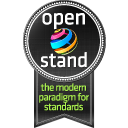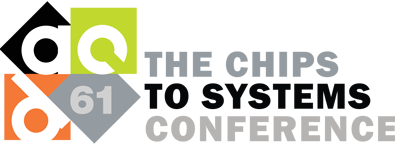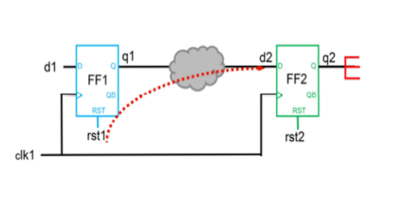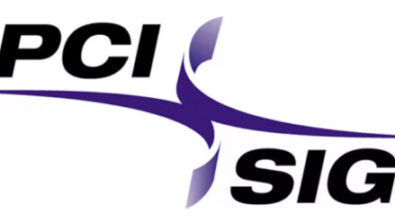OpenStand & EDA Standardization
Five Leading Global Organizations Affirm “The Modern Paradigm for Standards”
 The EDA industry has seen changes to the international standards paradigm the past few decades. When industry helped launch VHDL with the help of government support, it transferred ongoing maintenance and enhancement to the IEEE when it completed its first version. In addition to anchoring the standard at the IEEE, collaboration with the IEC for international standardization and recognition with the one-country, one-vote process set the stage for international approval of VHDL.
The EDA industry has seen changes to the international standards paradigm the past few decades. When industry helped launch VHDL with the help of government support, it transferred ongoing maintenance and enhancement to the IEEE when it completed its first version. In addition to anchoring the standard at the IEEE, collaboration with the IEC for international standardization and recognition with the one-country, one-vote process set the stage for international approval of VHDL.
In the early days of Verilog, I encouraged similar support for that IEEE standard. But its support was not immediate and to some may have failed to track the pace of support by industry. Indeed, with Accellera developing SystemVerilog, later to become an IEEE standard and IEC standard, what was missing was the close link between a global industrial community and the international setting in which the standard was developed and deployed.
In the case of SystemVerilog, global markets drove the international deployment of the standard without respect to its formal status. Indeed, on what was called the “birthday” of SystemVerilog in Japan, the day it was approved as an official IEEE standard, the Japanese National Committee on standards hosted an open celebration that I was invited to attend. There was no waiting on their part the formal status. The interdependencies of global design, global commerce and global partnerships have driven all of us to adapt the standards development process for EDA.
 On the eve of OpenStand’s launch, it is good to see the IEEE, Internet Society, W3C, IAB and IETF come together to put in writing what is the emerging practice for EDA.
On the eve of OpenStand’s launch, it is good to see the IEEE, Internet Society, W3C, IAB and IETF come together to put in writing what is the emerging practice for EDA.
You can learn more about the supporters of OpenStand, their guiding principles and how you can give your input, comments and feedback by visiting their website at http://open-stand.org. And if you agree, you can even “stand” with them; with me; with us.
But in short, OpenStand promotes a standards development model that demands:
|


